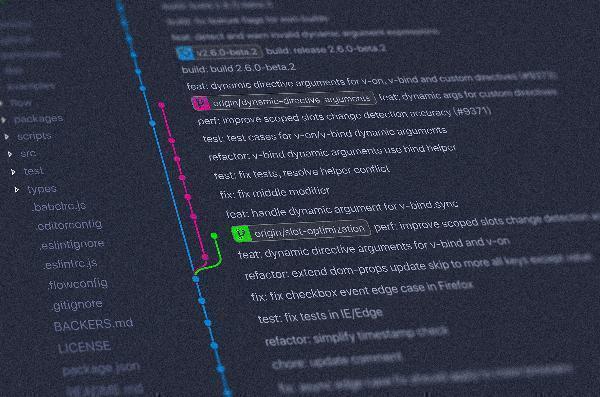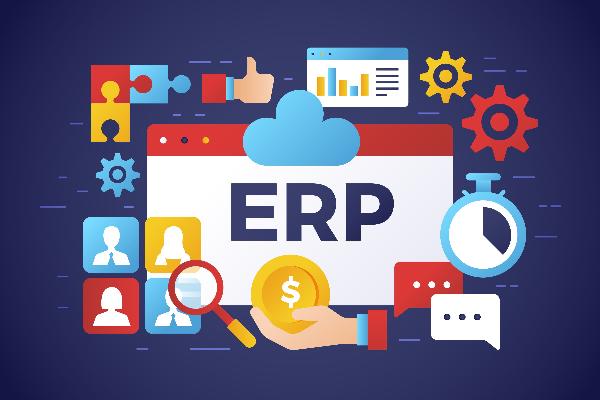Setting up monitoring and logging for Django applications in production

Deploying Django applications in a production environment requires careful planning and execution to ensure reliability, performance, and security. One critical aspect often overlooked is setting up robust monitoring and logging systems. These systems help track application performance, diagnose issues, and ensure smooth operation. In this guide, we will explore how to set up monitoring and logging for Django applications in production, providing you with the insights needed to maintain a healthy and efficient web application.
Why Monitoring and Logging Matter
Before diving into the setup, it’s essential to understand why monitoring and logging are crucial for production environments.
Monitoring
Monitoring involves tracking various metrics and performance indicators of your application, such as response times, error rates, CPU usage, memory usage, and more. Effective monitoring allows you to:
Identify Performance Bottlenecks: Spot slow queries or parts of your application that are underperforming.
Detect Issues Early: Get alerted about potential problems before they escalate.
Ensure Uptime: Maintain high availability by quickly addressing any issues that arise.
Logging
Logging involves recording information about your application’s runtime behavior. This can include errors, warnings, and other significant events. Proper logging helps you:
Troubleshoot Issues: Understand what went wrong when an error occurs.
Audit Actions: Keep a record of important actions and changes within the application.
Improve Security: Detect and respond to suspicious activities.
Setting Up Monitoring
Several tools and services can be used to monitor Django applications. Here’s a step-by-step guide to setting up monitoring:
1. Choosing a Monitoring Tool
There are many monitoring tools available, such as New Relic, Datadog, Prometheus, and Grafana. Choose one that best fits your needs and budget.
2. Installing the Monitoring Agent
Once you've chosen your monitoring tool, follow the installation instructions provided by the service. This typically involves installing an agent on your server and configuring it to monitor your Django application. Ensure that the agent is properly integrated with your application and is collecting the necessary metrics.
3. Setting Up Dashboards and Alerts
After the monitoring agent is running, set up dashboards in the monitoring tool's interface to visualize key metrics. Create alerts to notify you when certain thresholds are crossed, such as high response times or increased error rates. This proactive approach helps you address issues before they impact your users.
Setting Up Logging
Logging in Django can be configured using Python’s built-in logging module. Here’s how to set it up:
1. Configuring Logging in Django
Begin by configuring your Django settings to define how logs are handled. Specify different handlers for logging to files, the console, or other external services. Ensure that your log messages are structured and provide enough context to be useful.
2. Structuring Log Messages
Make sure your log messages are detailed and consistent. Include information such as timestamps, log levels (e.g., INFO, DEBUG, ERROR), and contextual information about the event being logged. This practice helps you quickly understand and diagnose issues when reviewing logs.
3. Using External Logging Services
For more advanced logging features, consider using external logging services like Loggly, Sentry, or ELK Stack (Elasticsearch, Logstash, Kibana). These services offer better search, filtering, and alerting capabilities.
Setting Up Sentry
Sentry is a popular choice for error tracking and logging. To set up Sentry, sign up for an account on their website, install the Sentry SDK in your Django project, and configure it to capture and report errors. Once configured, Sentry provides a comprehensive interface to view and manage errors from your Django application.
Partnering with a Django Development Agency
Setting up and maintaining monitoring and logging can be complex, especially for large-scale applications. Partnering with a professional Django development agency can help ensure that your monitoring and logging setup is robust and tailored to your specific needs. A Django development company provides the expertise and experience needed to implement best practices and maintain high standards for your production environment.
Benefits of Partnering with a Django Development Company
Expertise: A Django development company has specialized knowledge and experience in setting up and maintaining Django applications.
Customized Solutions: They can provide tailored solutions that fit your specific requirements and infrastructure.
Ongoing Support: A Django development agency offers ongoing support and maintenance, ensuring your monitoring and logging systems are always up to date.
How to Choose the Right Django Development Services
When selecting a Django development company, consider the following:
Reputation: Look for a company with a strong track record and positive client reviews.
Experience: Ensure they have experience with projects similar to yours.
Support: Choose a company that offers comprehensive support and maintenance services.
Conclusion
Monitoring and logging are essential components of maintaining a healthy Django application in production. By setting up effective monitoring, you can keep track of your application's performance and detect issues early. Proper logging ensures you have the information needed to troubleshoot problems and maintain security. Whether you handle this in-house or partner with a Django development agency, these practices are crucial for ensuring the reliability and success of your Django applications.
Note: IndiBlogHub features both user-submitted and editorial content. We do not verify third-party contributions. Read our Disclaimer and Privacy Policyfor details.







